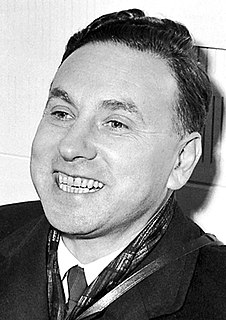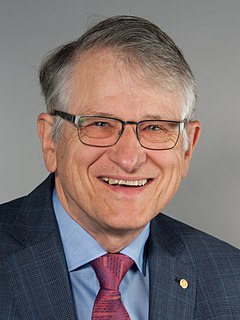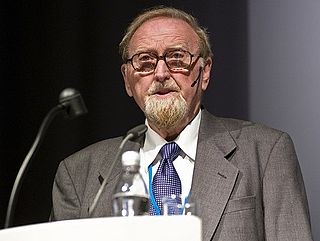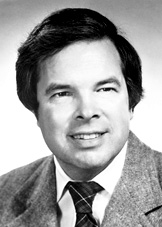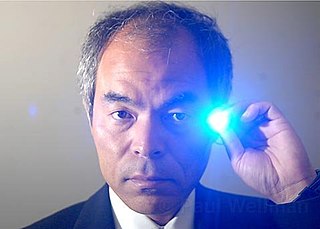A Quote by Simon Kuznets
With the variety of fields within economics, broadly conceived and the increasing specialization of scholarly world, the award of a Nobel Memorial Prize honors not only the individual scholar but, implicitly, also a special field or a distinctive method.
Related Quotes
National Review once opined, many years ago, that, every year, the Nobel peace prize should go to the U.S. secretary of defense: The American military is the number-one guarantor of peace in the world. But maybe something like a Nobel freedom prize would be a more appropriate award for Reagan than a peace prize.
As a Nobel Prize winner I cannot but regret that the award was never given to Mark Twain, nor to Henry James, speaking only of my own countrymen. Greater writers than these also did not receive the prize. I would have been happy - happier - today if the prize had been given to that beautiful writer Isak Dinesen.
Extrapolated, technology wants what life wants:
Increasing efficiency
Increasing opportunity
Increasing emergence
Increasing complexity
Increasing diversity
Increasing specialization
Increasing ubiquity
Increasing freedom
Increasing mutualism
Increasing beauty
Increasing sentience
Increasing structure
Increasing evolvability
When the Nobel Peace Prize Committee designated me the recipient of the 1970 award for my contribution to the 'green revolution,' they were in effect, I believe, selecting an individual to symbolize the vital role of agriculture and food production in a world that is hungry, both for bread and for peace.
When Doris Lessing won the Nobel Prize for Literature at the age of 88, she was the oldest person ever to receive the prize and one of only 11 female winners in its history. Her award was the end of a very long journey from a remote farm in Rhodesia to a banquet at Stockholm's Stadshus, the grand city hall in Stockholm.
I think the Nobel Prize helps for a number of reasons. Number one, if I can be frank, there is these people will feel by getting a Nobel Prize that I'm one of them, that it is possible to contribute on the world map of science and technology. And the other thing also which I'm hoping for is that the government in Egypt is willing and interested in promoting science and technology and this is an ideal time now to be able to do something.

